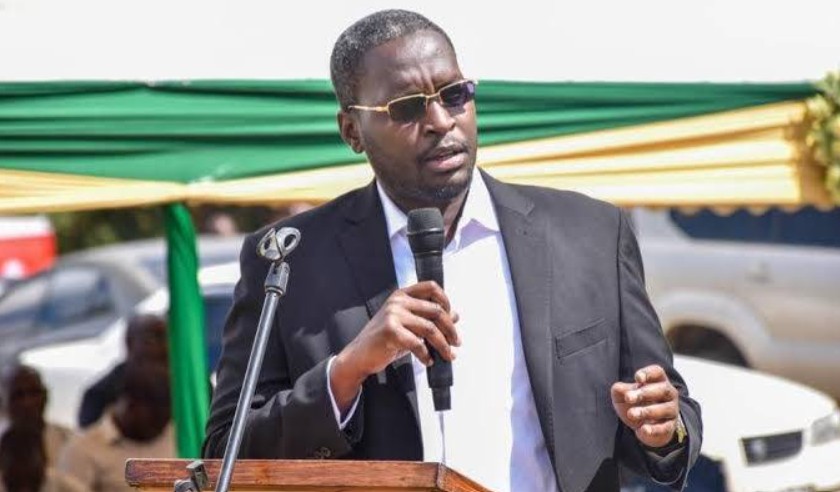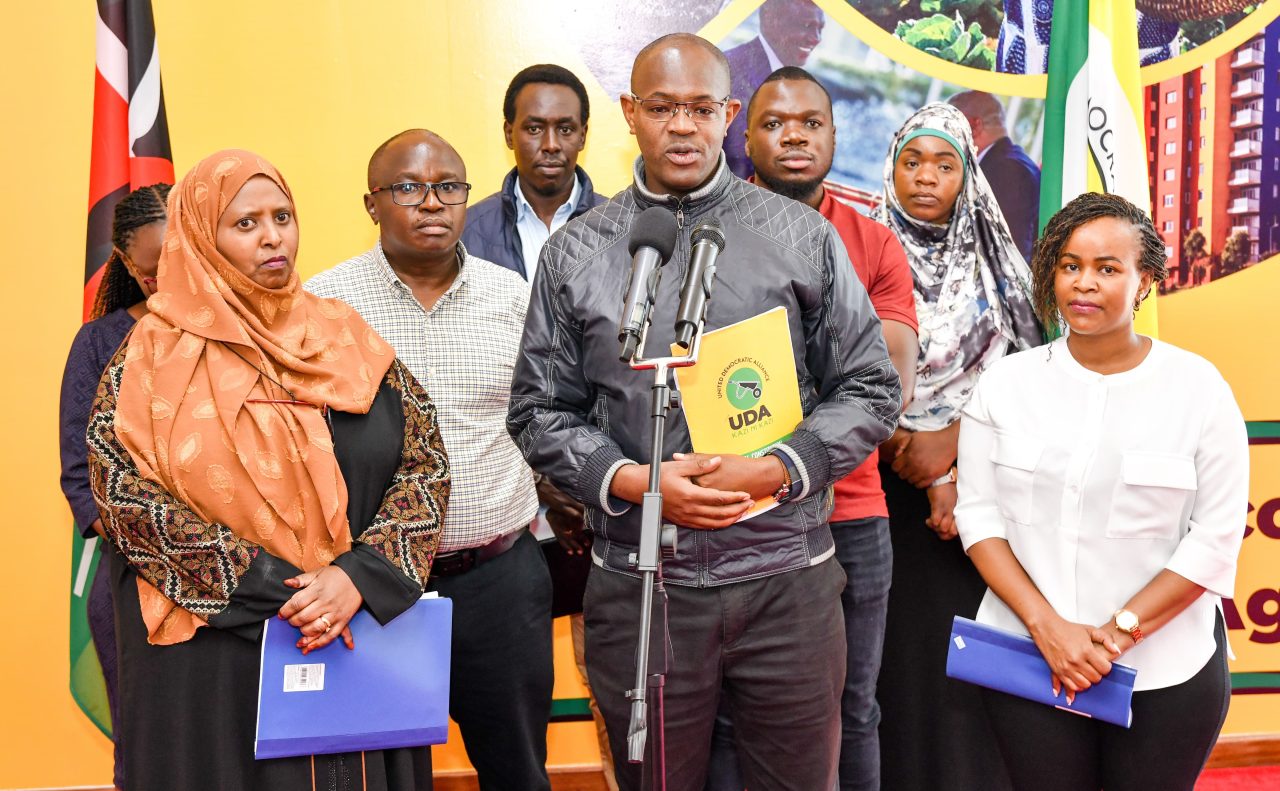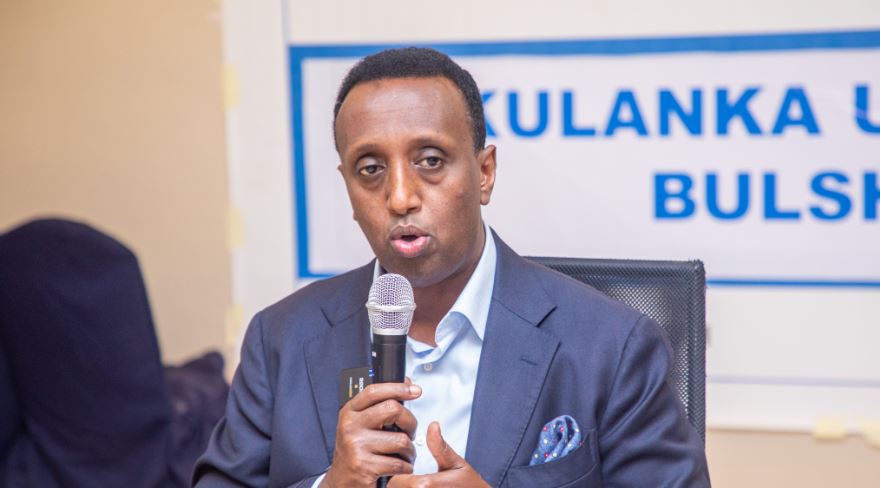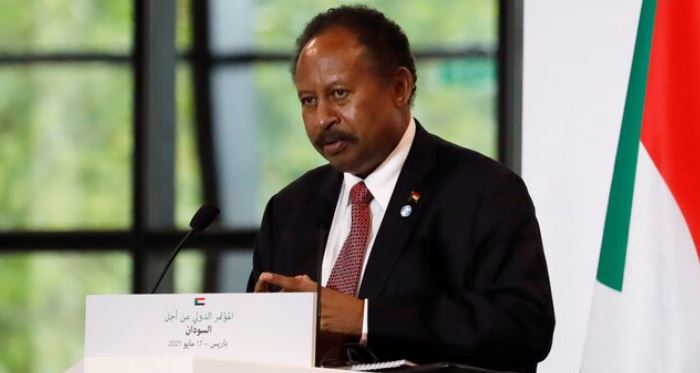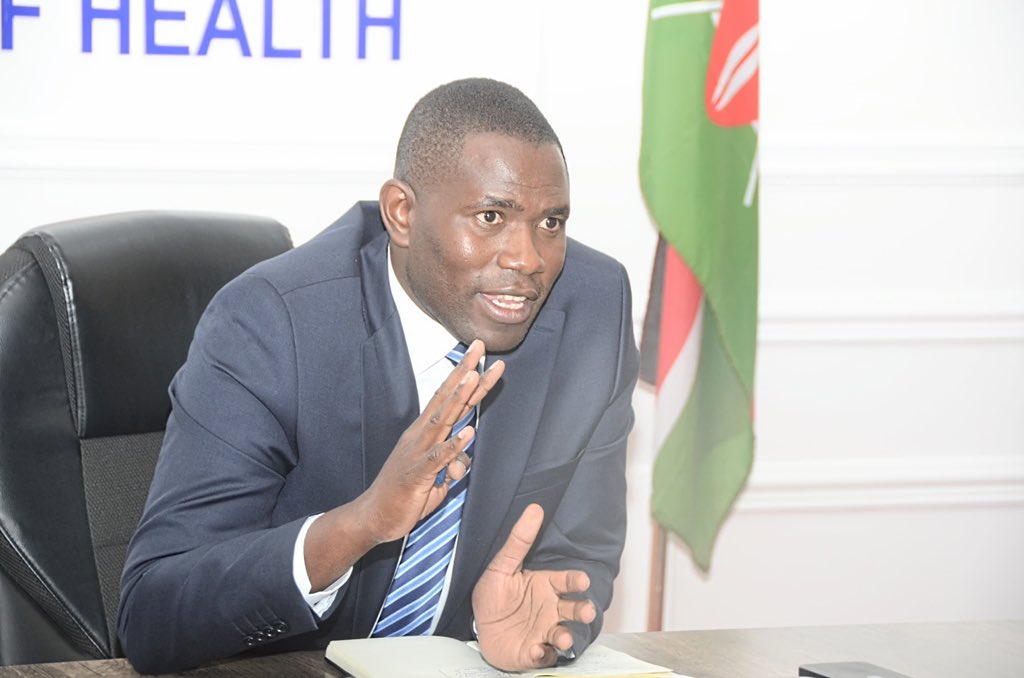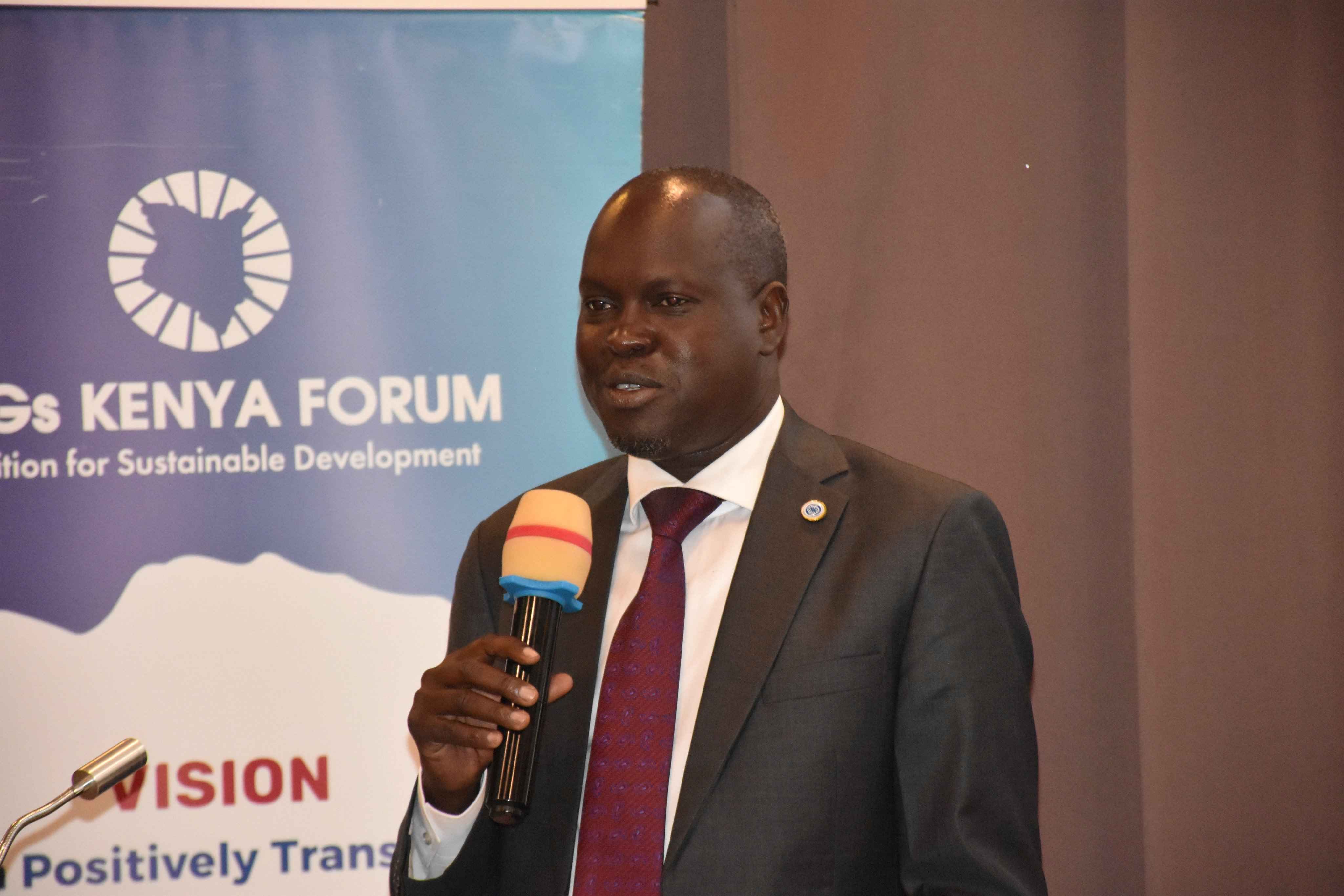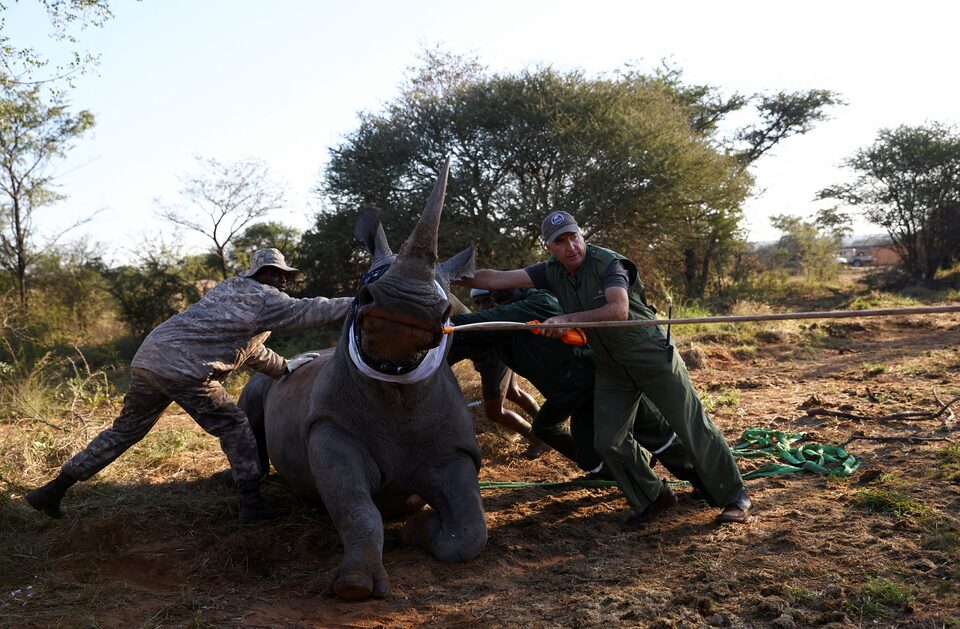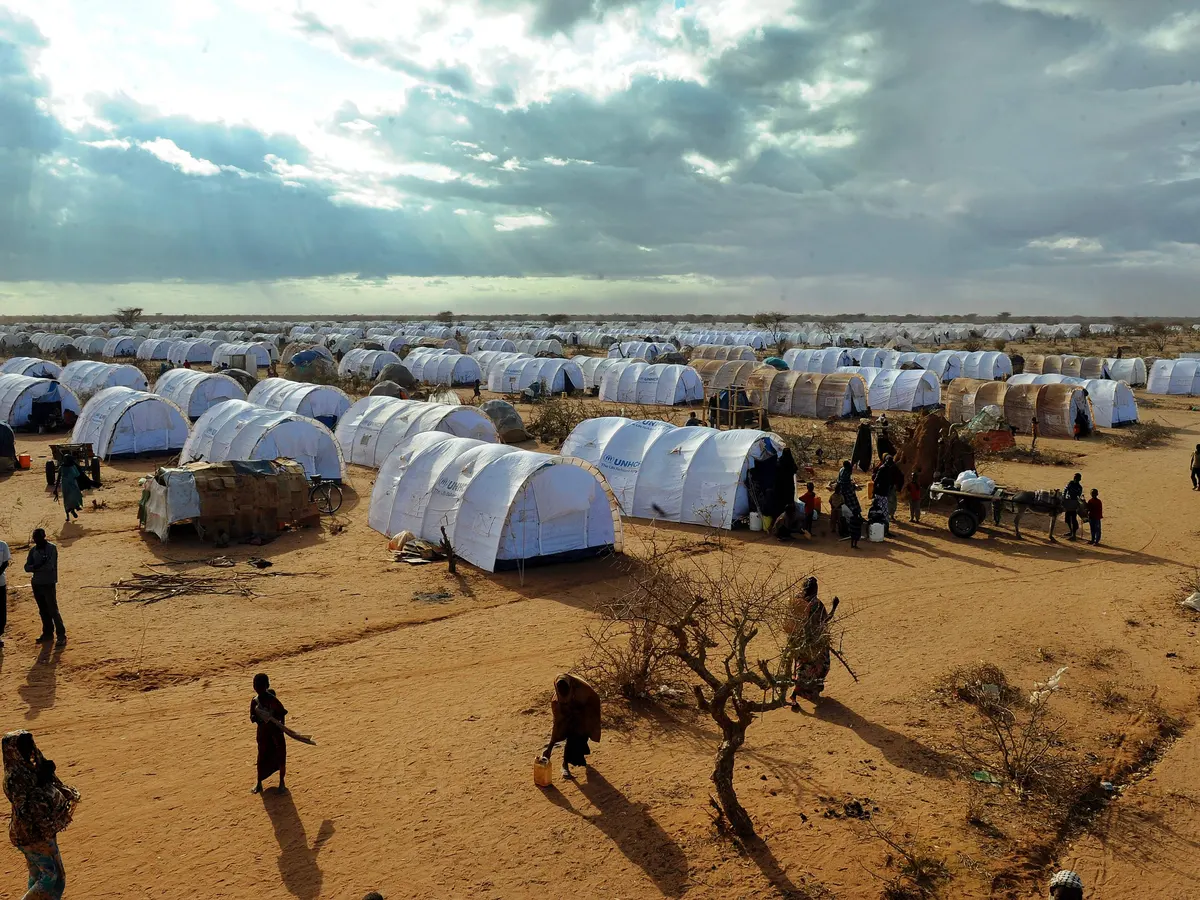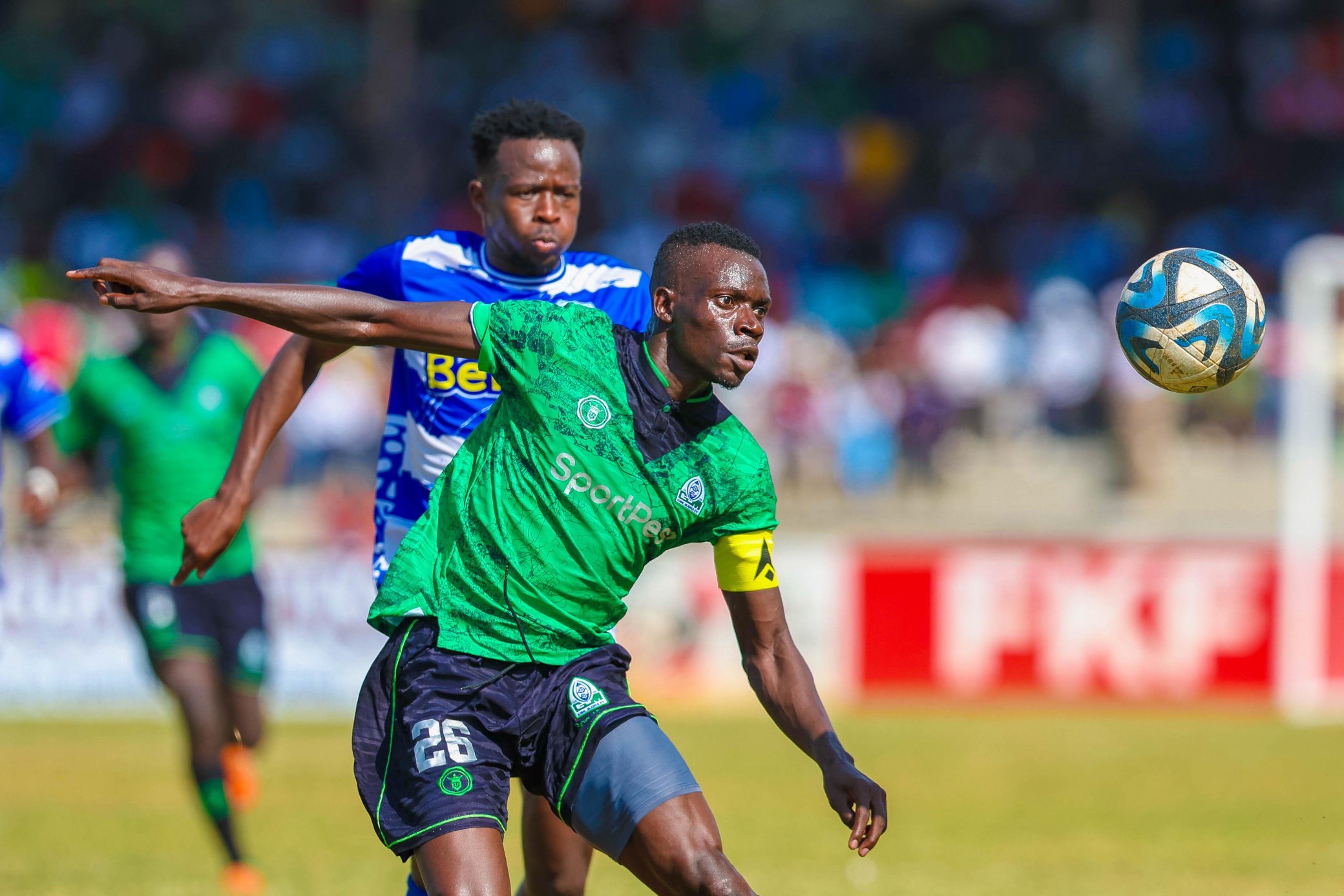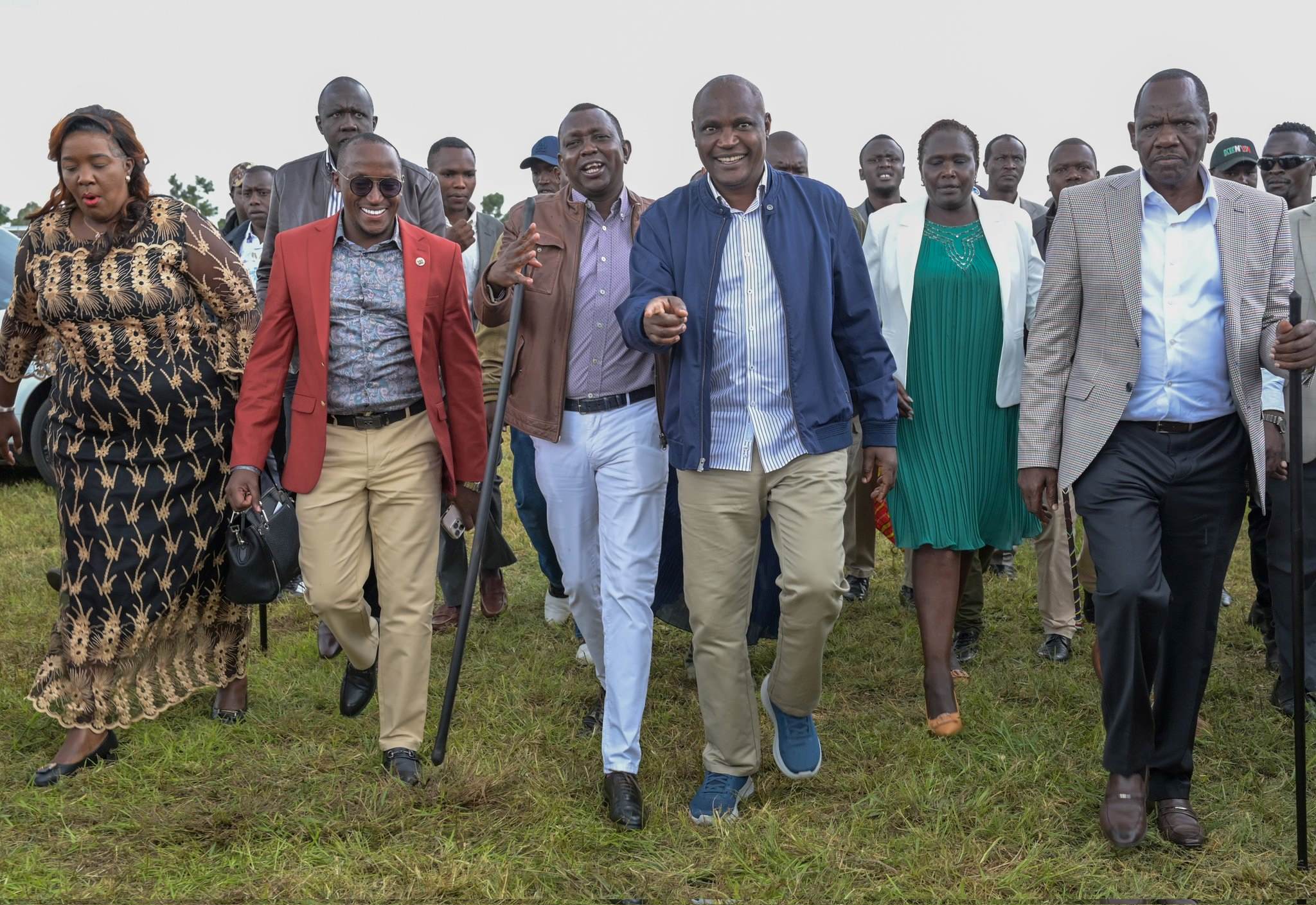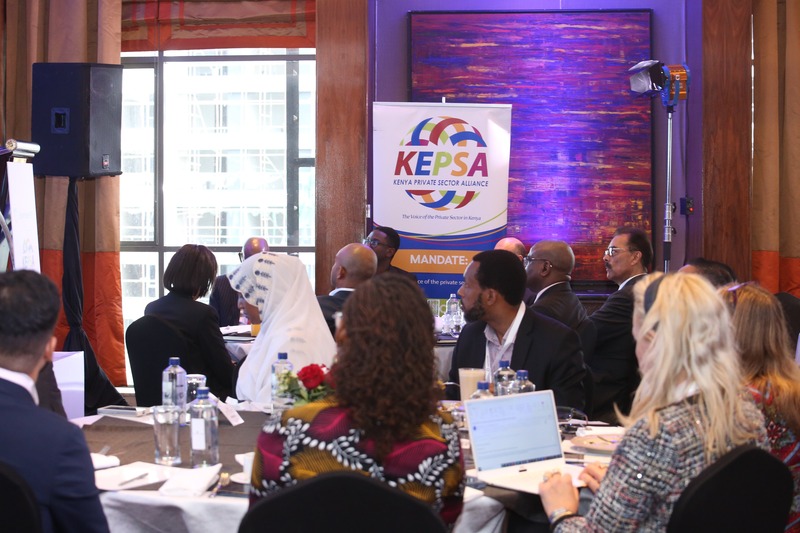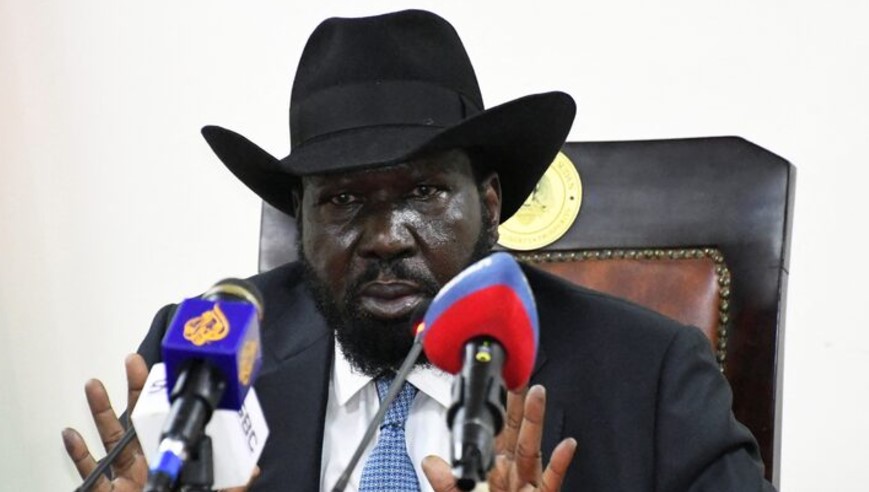Wagalla Massacre: Advocates call for implementation of TJRC recommendations

The organization urged President William Ruto to prioritize the implementation of the TJRC report.
As Kenya commemorates the 40th anniversary of the Wagalla Massacre, a dark chapter in the nation's history, advocates are calling for the implementation of recommendations outlined in the Truth, Justice, and Reconciliation Commission (TJRC) report.
Between the 10th and 14th of February 1984, over 5,000 men were rounded up at an airstrip in Wagalla, Wajir County, only to face a horrifying execution at the hands of the Kenyan government, the commission was told.
More To Read
- Government launches youth registration for 113,000 climate jobs
- Ruto proposes law to allow housing levy contributors access Sh5 million loans
- Over 800,000 youths to benefit from Sh20 billion Nyota project- Ruto
- Ruto nominated me but as IEBC chair I won't favour him, or anybody else- Ethekon
- Watch: IEBC chair nominee Erastus Ethekon faces vetting panel
- Presidents Abdirahman, Ruto meet at State House for trade, security and youth empowerment talks
Despite the passage of four decades, justice for the victims' families remains unfulfilled; the commission was established in 2008 against a backdrop of a tumultuous modern history characterized by liberation struggles, ethnic conflicts, semi-despotic regimes, marginalization, and political violence.
The TJRC report is a comprehensive document delving into the Wagalla Massacre and other historical injustices, and serves as a roadmap for justice and reconciliation. It acknowledges the atrocities committed and offers specific recommendations to address the grievances of the affected communities.
The TJRC collected 42,465 statements and 1,828 memoranda from Kenyans and conducted public hearings all over the country.
The TJRC report handed over to President Uhuru Kenyatta on 21st May 2013, documented victims, witnesses and alleged perpetrators giving their stories during hearings. Additionally, the TJRC conducted research and investigations.
The Northern Advocacy Organization on Monday in a statement shared with the media seen by The Eastleigh Voice, called upon President William Ruto to fulfill the long-overdue implementation of the TJRC report.
“In 2014, the former President Uhuru Kenyatta apologized for the historical injustices perpetrated by former regimes and promised compensation to the family and survivors of the horrendous and most callous aggression against innocent people,” said Abdinasir Adan, the Chief Executive Officer of Northern Advocacy Organization.
Abdinasir said that, unfortunately, his promise has never been implemented up to date.
One of the key recommendations highlighted in the report is the release and implementation of the Presidential Special Action Committee's suggestions, aiming to address the specific concerns of the Muslim community, a pivotal step towards acknowledging and rectifying historical wrongs.
The report also called for the ratification of various international instruments, including ILO 169, the Convention on the Prevention and Punishment of the Crime of Genocide, the Convention on the Protection of the Rights of All Migrant Workers and Members of their Families, the Convention Against Discrimination in Education, and measures against statelessness.
Fast-tracking legislation, as envisaged by Article 100 of the Constitution of Kenya, is another crucial aspect of the TJRC recommendations. This includes a comprehensive plan for data collection and disaggregation on marginalized indigenous peoples (MIPs), with a particular focus on women.
The report further advocates for a public and unconditional apology for systematic discrimination and the removal of obstacles faced by minority groups, such as difficulties in accessing national identity cards. A thorough review of legislation to eliminate de jure and de facto discrimination of Minority and Indigenous Population is emphasized, along with the preparation of legislation on free, prior, and informed consent and consultation with affected communities.
The organization urged President William Ruto to prioritize the implementation of the TJRC report.
“We remain steadfast in its commitment to advocating for the rights of the people of Northern Kenya and seeking long-overdue justice for the victims of the Wagalla Massacre.”
Regrettably, no one has been held accountable for the crimes against humanity committed against the people of Northern Kenya.
The families still await the implementation of the recommendations made in this report.
Kenya's Truth, Justice, and Reconciliation Commission (TJRC) documented other notable events such as the 1982 attempted coup d'état, the Shifta War, and the 2007 post-election violence.
Top Stories Today
